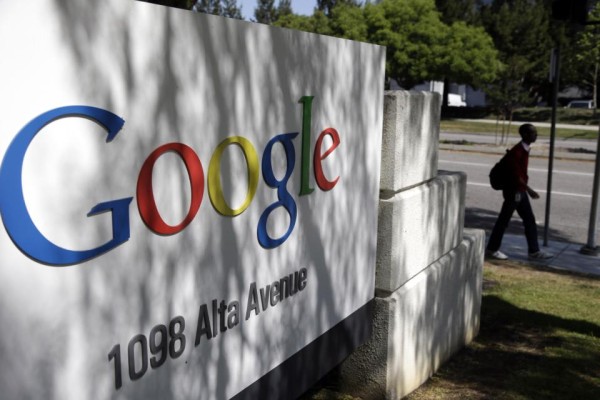In its bid to undermine the business survival of rival Microsoft, Google is offering up to $75,000 to any individual company that dumps Microsoft's Office software and switch to Google's "Google for Work" software, according to a report on Huffington Post.
Users pay between $5 to $10 per month to be able to use Microsoft's range of word processing, spreadsheet, calendar, email, and other Office programs; but Google will waive the cost for the Google for Work suite for any customer who dumps Microsoft for the duration of the existing contract with Microsoft or its suppliers.
Users in the US are free to take advantage of this business advantage for the next six months, and it will later be offered to users in other countries.
To this extent, Google is limiting free usage to 3,000 people per defecting customer, and it will pay up to $75,000 to cover the cost of any particular company who dumps Microsoft's software. This means Google is ready to lose between $180,000 to $360,000 in annual revenue if a company with 3,000 people agrees and sign up for this offer.
Now owned by newly formed organization Alphabet, Google is not willing to discuss the amount it has set aside for this war on Microsoft; but it disclosed that over 600 companies with a minimum of 10,000 workers use Google for Work suite of office software.
Aragon Research analyst Jim Lundy noted Google is confident about its software's performance in sidetracking Microsoft's products, and disclosed customers pay between $12 to $20 under contracts that run for several years to use Microsoft's software.
Sales of Office software and other Office businesses fetched $23.5 billion for Microsoft during the last fiscal year ending June, and Google realized about $66 billion during the same period largely from digital ads. However, it appears Google is set to use some of the revenue to chip away at Microsoft's strength in the office software business.
Google's new business software offer "represents a continuing saga in the battle with Microsoft for control of the desktop and mobile devices," Lundy said.


